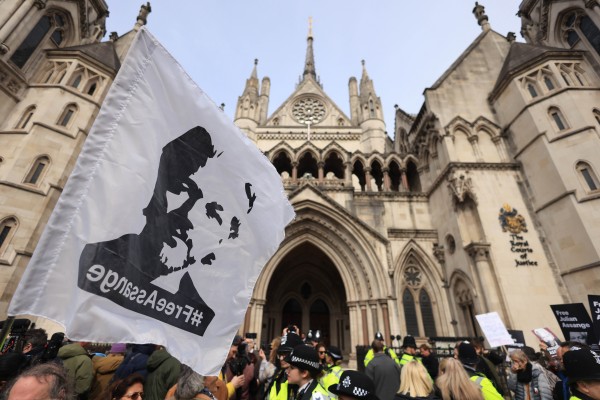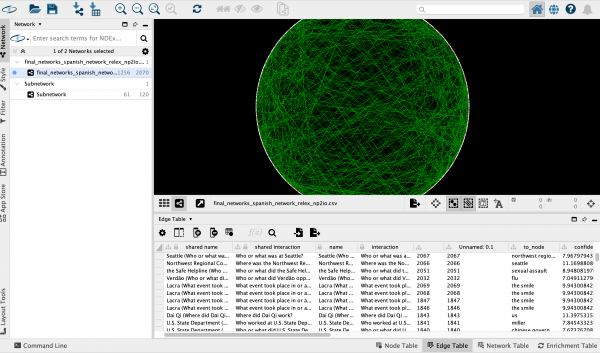IPI Executive Director Alison Bethel McKenzie last week wrote a letter to Dominican Republic President Danilo Medina, urging the president to speed up reforms to the country’s press law after a second journalist was sentenced to prison for defamation in the country this year.
That journalist, Melton Pineda, is currently planning to appeal a three-month prison sentence handed down on Sept. 13.
The full text of the letter follows:
Excmo. Sr. Danilo Medina
President of the Dominican Republic
September 26, 2012
Dear President Medina:
I am writing to you today on behalf of the International Press Institute (IPI), a global network of publishers, editors, and leading journalists, to express our concern over the recent convictions on criminal defamation charges of two Dominican journalists.
As you are undoubtedly aware, on September 13, journalist Melton Pineda was convicted of defaming fellow journalist Marino Zapete during a radio broadcast earlier this year and sentenced to three months in prison. Pineda was ordered to pay a fine of $RD 100. Additionally, in January, Nagua radio journalist Johnny Alberto Salazar was found guilty of defaming a local lawyer and sentenced to six months in prison. That verdict was later overturned on appeal.
Although our organisation takes no position on the content of the specific reports deemed defamatory, IPI is opposed to criminal libel laws in all cases and is concerned about the precedent set by these two cases. We believe that the civil courtroom is the only acceptable environment for the resolution of defamation cases, provided that any damages awarded aim to restore reputation and not to silence journalists or media outlets. No journalist should face criminal charges for what he or she has written or broadcast, unless that information incites violence, which in most countries is a criminal offense.
Criminal libel laws are redundant and risk being abused by public officials to chill critical opinion. In 2005, the special rapporteur for freedom of expression of the Organisation of American States (OAS) declared, in a joint statement with the African Commission on Human and People’s Rights: “In democratic societies, the activities of public officials must be open to public scrutiny. Criminal defamation laws intimidate individuals from exposing wrongdoing by public officials and such laws are therefore incompatible with freedom of expression.”
IPI delegates visited the Dominican Republic in June to lobby for the decriminalisation of libel as part of IPI’s wider campaign to repeal criminal libel laws in the Caribbean. We were highly disappointed that our attempts to meet with you during our trip were unsuccessful. Needless to say, we hope that we will have an opportunity to discuss press freedom with you on our next visit, in early 2013.
During numerous meetings with high-level government officials this past June, were we told in no uncertain terms that ‘ningún periodista irá a la cárcel en la República Dominicana’ for criminal defamation and, indeed, some lawmakers went so far as to say that we can expect criminal libel to be repealed shortly. It is our understanding that reforms to Law No. 6132, on the Expression and Diffusion of Thought, are currently pending in the executive office.
Mr. President, as leader of your country and your party, and as a man who stood before his fellow world leaders this week to call on nations to “work together to overcome exclusion, and not to maintain poverty and extreme poverty in an indefinite manner”, I respectfully urge you to ensure that any media reform includes the decriminalization of defamation. Unless the media is empowered to report on the nation, and particularly on the actions of its government, without fear of going to jail for doing so, the people of the Dominican Republic will themselves risk exclusion and the ability and right to fully participate in the democratic process.
Thank you for your kind attention to this matter. We look forward to working with you to ensure that press freedom in the Dominican Republic remains protected, for the benefit of all Dominicans.
Sincerely,
Alison Bethel McKenzie
Executive Director
International Press Institute


